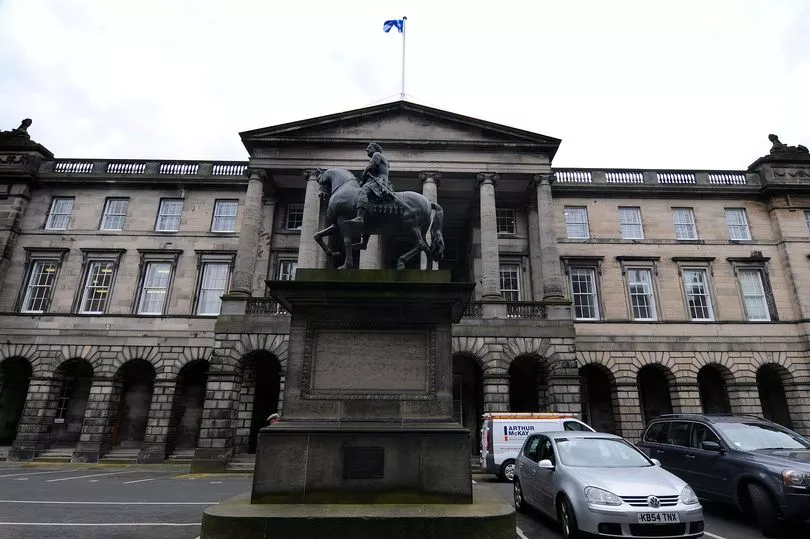Why the US Solicitor General Is Against Holding ISPs Responsible for Copyright Infringement
U.S. Solicitor General John Saufer filed an amicus brief urging the Supreme Court not to hold ISPs legally responsible for users’ copyright violations. He argued that treating ISPs like Cox Communications as secondary infringers would threaten broader essential services—ISPs, utilities and others—forced to cut off users without proof of wrongdoing .
The case stems from Sony Music suing Cox Communications. Sony alleged Cox didn’t properly penalize subscribers caught infringing, and a district court sided with Sony, awarding $1 billion in damages, but the Fourth Circuit later narrowed the liability scope ().
Cox defended its “flat-rate, content-neutral” service and anti-piracy policy, warning that disconnecting households, hotels, universities, or hospitals—even for accusations—could deny innocent users service .
Saufer emphasized that secondary liability should require more than awareness of infringement—it requires the ISP to act with culpable intent or promote infringement, citing Twitter v. Taamneh precedent . He stated that music labels failed to prove Cox financially benefited from the infringement, likening it to a landlord, not a music promoter .
He also argued Cox’s defense against willful infringement was valid: merely knowing about infringement isn’t enough if Cox reasonably believed it wasn’t required to terminate service .







